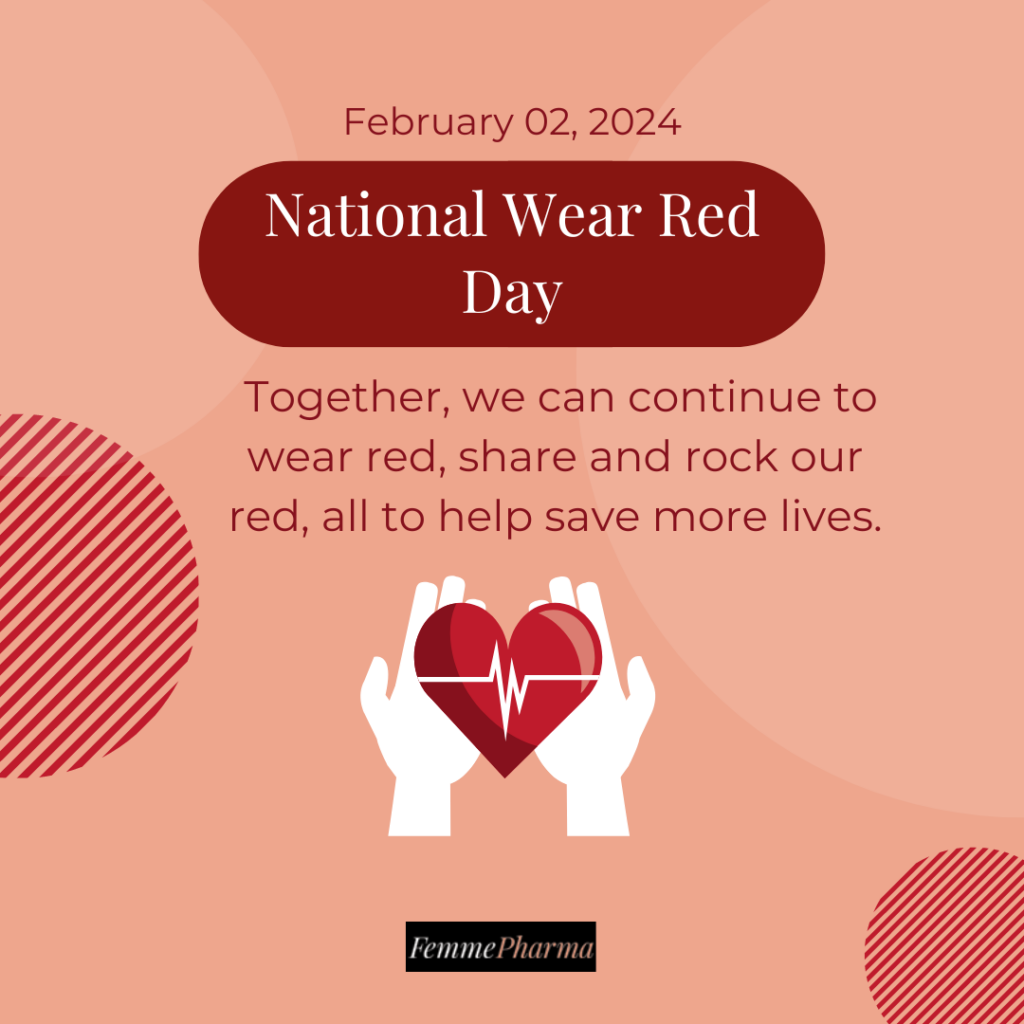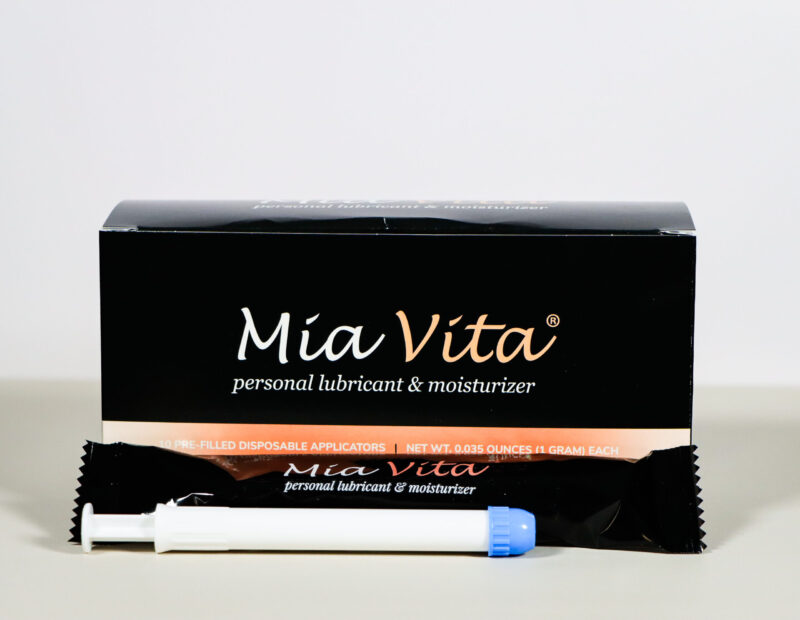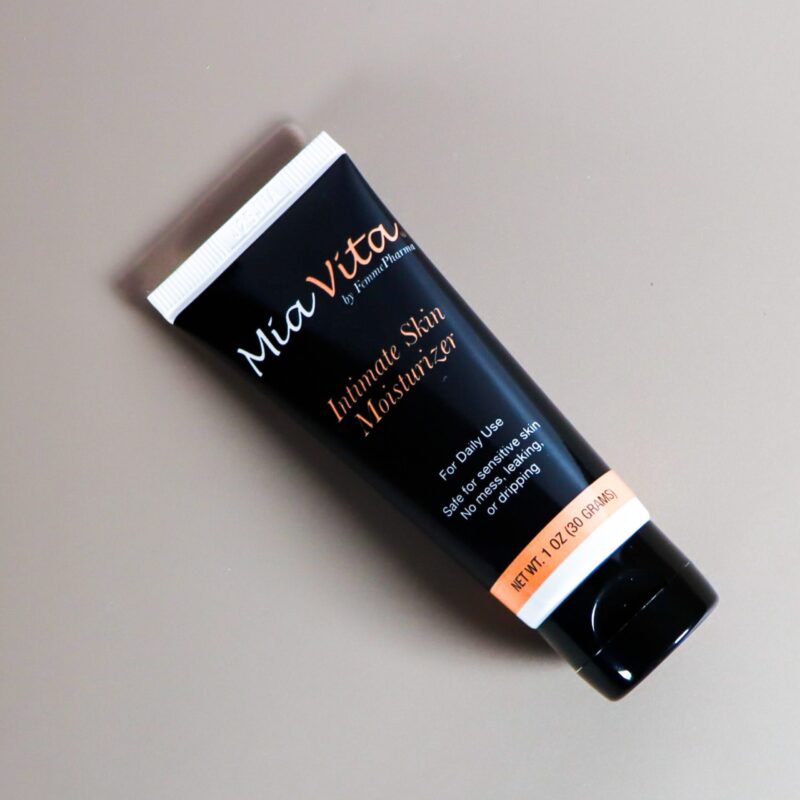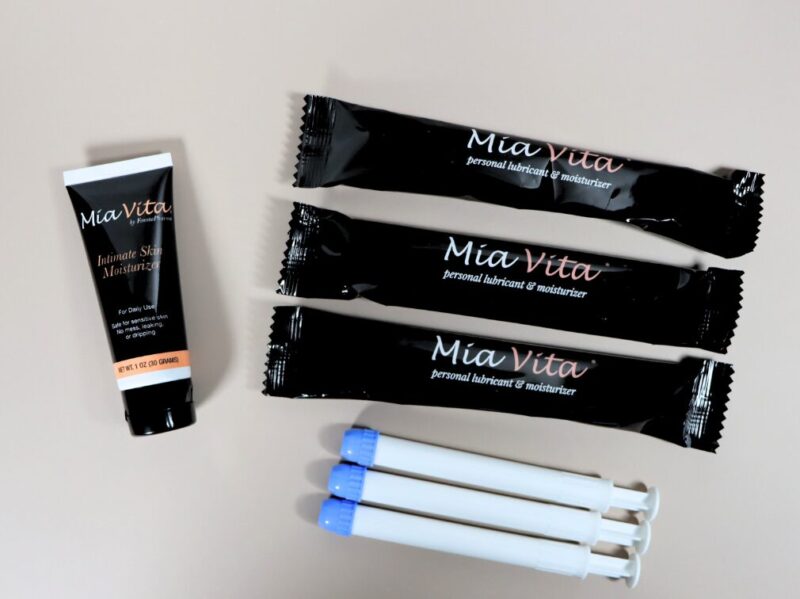What is National Wear Red Day
Donning a bright red accessory garners attention any day, but every February 2, wearing red takes on a whole new meaning. The American Heart Association (AHA) first designated February 2 as “Wear Red Day” in 2004 to bring more attention and awareness to women’s heart health.
Wear Red Day, part of the AHA’s Go Red for Women Initiative, aims to change the narrative around women’s heart health and push forward research to close the heart disease information gap. Women’s heart conditions often do not develop the same as men’s, though much heart-related research emphasizes men’s health.
The result? Significant gaps exist in research, awareness, and communication about women’s heart health. Awareness then becomes a life-saving first step for women to broaden their understanding of their heart health. And also, how it changes over their lifetime, particularly during perimenopause and postmenopause.
Heart Health Research Gaps in Postmenopausal Women
The risk for heart disease rises significantly in women over 65. Why? Estrogen, an essential reproductive hormone, plays a protective role in women’s hearts and arteries. During perimenopause and postmenopause, however, as estrogen declines, so too do its protective factors.
Researchers connect lower levels of estrogen to higher blood pressure and an increase in artery-blocking low-density lipoprotein (LDL) cholesterol, two primary risk factors for heart disease. Women who enter perimenopause earlier than most, before ages 40-45, or who had heart problems before 35, are also more prone to develop heart disease postmenopause.
Yet Dr. Katherine Sherif, the Vice Chair of Academic Affairs and the Chief of Women’s Health in the Department of Medicine at Thomas Jefferson University, cautions against a common misconception. “Women assume they are protected against heart disease until they are menopausal. That is, until their last period. But in fact, risk is accumulating all through the transition and even before.”
That said, heart disease does not develop in a vacuum, and the menopause transition amounts to only one, though significant, heart disease risk factor. Others, including your environment, lifestyle, pre-existing conditions, stress levels, and genetics, all contribute to your likelihood of developing heart disease.
Overlooked Symptoms of Women’s Heart Health
If you were to consider classic symptoms of a heart attack, you may list sharp chest pain, shortness of breath, and dizziness as top symptoms. And you’d be correct.
However, for women, some heart attack symptoms are much subtler. Fatigue, arm, back, or shoulder pain, and anxiety can occur during a heart attack, not a widely known presentation of symptoms. Some women may not experience any chest pain at all.
When symptoms like these arise, women are much more likely to brush them off as annoyances or work through their duration. That’s why it’s vital to know what cluster of symptoms may indicate a heart attack or persistent heart condition and when to talk to a healthcare provider or visit an emergency room.
Ask yourself
Do you have a family history of heart disease? Are you over the age of 65 or postmenopause? Did you have gestational diabetes? “Because of the artificial silos in Western medicine, women who have problems in pregnancy like gestational diabetes are not viewed as women who are later at risk for heart disease,” cautioned Dr. Sherif. “Obstetric conditions are often ignored and overlooked by physicians as important risk factors for heart disease.” Knowing the answers to questions such as these can help you determine the best course of action to protect your heart.
Lack of awareness of women’s heart health can also pervade emergency rooms and provider offices. “When men get a heart attack, it is usually because the coronary arteries are blocked,” said Dr. Sherif. “However, many women who have a heart attack do not have blockages of the coronary arteries, but have microvascular dysfunction.”
Dr. Sherif explained, “This means that the tiny arteries that feed the heart muscle are blocked. But this isn’t visible on a typical cardiac catheterization test, so women are incorrectly told that they did not have a heart attack.” Dr. Sherif added hospitals often don’t carry the type of cardiac catheter needed to show this specific blockage. This further hampers their ability to correctly diagnose heart disease in women.
How Women Can Protect Their Heart Health
When you know what contributes to heart disease in women, you can take intentional steps toward lowering your risk.
“The health of women’s blood vessels is established years before any evidence of heart disease, so the time to start thinking about their hearts is now, before menopause,” said Dr. Sherif. Women should focus on leading a holistic, healthy lifestyle by eating more plant-based foods and sufficient protein and exercising regularly. Perimenopausal and postmenopausal women should consider making regular appointments with a healthcare provider to check their blood pressure and cholesterol levels to stay on top of their heart health.
Most importantly, try to reduce your stress. Studies show that disrupted sleep, often a result of elevated stress, may also contribute to heart disease in perimenopausal and postmenopausal women. Set aside a few minutes a day and pick a stress-reduction method that best fits your lifestyle, whether it’s mindfulness meditation, a walk in the park, or listening to music.
Are you curious to learn more about your heart health? Visit the AHA’s Go Red for Women website for heart disease insights, healthy living tips, and ways to advocate for women’s heart health.



